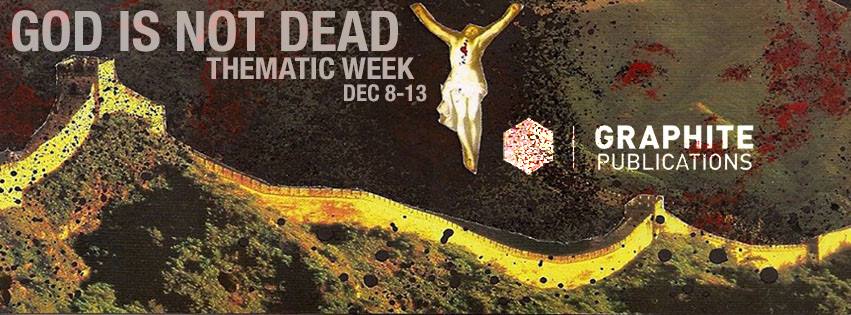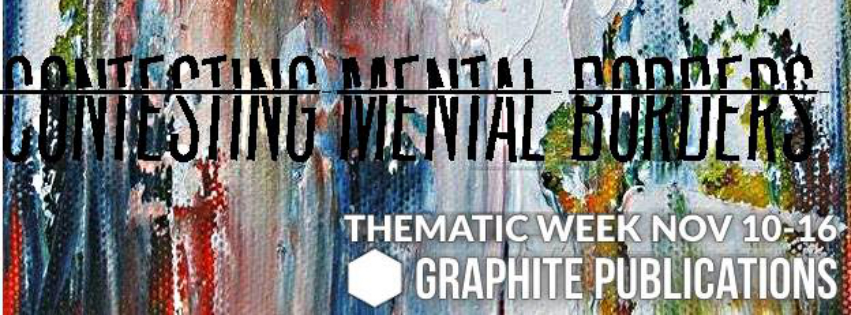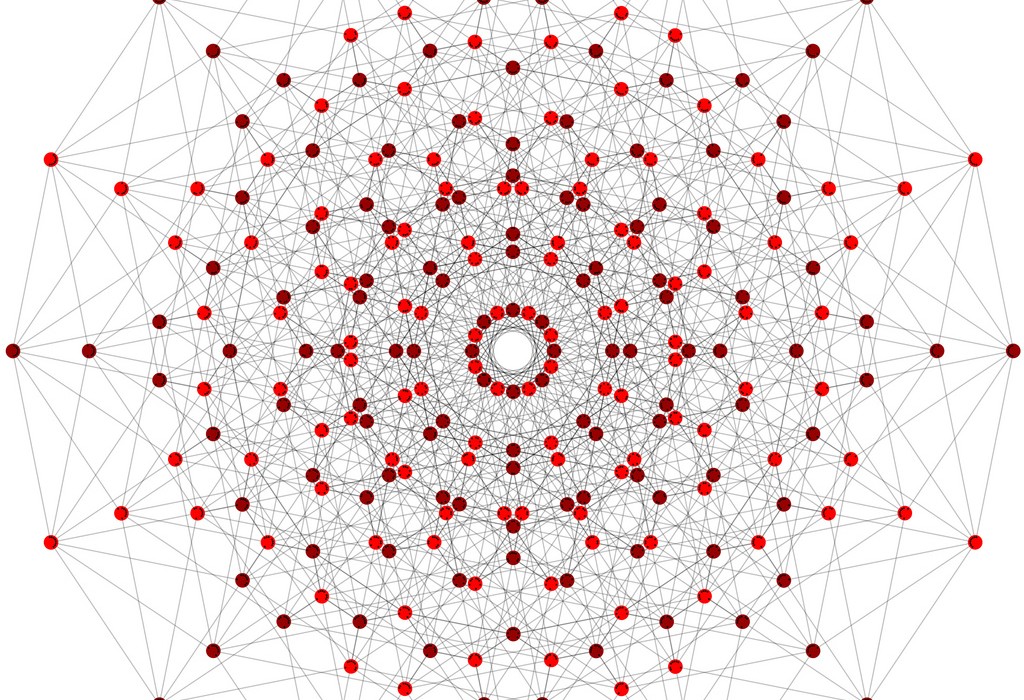The West seems to be losing its religion. This has not been a fast process, is not an intergenerational schism. While only 5 percent of the Greatest generation describes themselves as religiously unaffiliated 26 percent of millennials describe themselves as such. This might be the headline that someone else would choose, but skipping the three generations of change between those two generations is just bad statistics. To be sure, the proportion of each US generation stating that they are religiously unaffiliated has been increasing: from 5, to 8, to 13, to 20, 26. This trend is true of Canada - 1% of Canadians were unaffiliated in 1971, but 23% were by 2012 - and the UK. However, this doesn’t really mean anything independent of the social contexts.
The US, Canada, and the UK are all countries whose states were established on precepts couched at least indirectly in judeo-christian morality, philosophy, and cosmology. Say what you will about freedom of religion but this western philosophy was not intended for the scope it encompasses today. John Locke famously called for free religion — except for Catholics, citing loyalty to the Pope; and atheists, for they didn’t fear hell. Whatever you may say about the legal truth of freedom of religion, these are its origins. The religious freedom of the West did not take the shape of the balance of philosophies characteristic of the best mughal emperors, nor the hedging of bets of the mongols, nor the taxation of the medieval caliphates. The history of Western ‘freedom of religion’ is a mere armistice between various sects of the same branch of the same religion. It was only later extended to other faiths, and often quite grudgingly.
The tribal religious culture of Europe was spread by its colonisers and its legacy has lived on — JFK’s Catholicism was a campaign issue, and all british monarchs must be Protestant. While the puritan ‘pilgrims’ were - to a certain extent - escaping persecution, a mere forty-four years later the puritan leadership of Cromwell killed large portions of the Irish Catholic population while at the same time instituting their own fundamentalist creed in Great Britain. However, the same period saw a slight rollback in official discrimination against the british jewish population. Western freedom of religion has rarely meant that every religion was equally free.
In this context it was better to be affiliated one way or another regardless of whether religion mattered to you; being unaffiliated just left you open to attacks from everyone: affiliation brought solidarity. It gave the power of belonging in a world of tribes. This sort of conditional solidarity was more important when the world was less mobile. People say globalization made the world smaller, but the lived world of people in the past was far smaller. Fact was that you weren’t likely to move far past your place of birth — that small patch of land, those people, were the people you would live and die with. Religion was identity, and it could largely be practised to the needs of the community — yes, there was official doctrine, but the holy men knew their communities, and most religious teachings run the gamut of subject matters. It wasn’t hard to calibrate the tone of a religion to the community. In these communities the default choice was religion: you knew what church you would go to, who the holy man was, who the people would be. You knew pretty much what was going to be discussed and often knew what news would be delivered.
The Baby Boomers include people born up to 1965 — at this time the population was less than half of what it is today at 3.3 billion and only about 35% of people lived in cities. Nowadays there are 7.125 billion of us and over 55% of us live in cities. 3% of the population live in countries they weren’t born in, figures for internal migration are not entirely clear but are certainly substantial - especially in the US. Now we should consider qualitatively how the move from small town to city influences religious practice for a person to whom religion was never particularly important. They have to find a congregation, they have to adjust to a new style of preaching, they must find a community that fits them. This is all while getting to know a large city, starting a new job (or searching for one) and finding a place to live. If religion was not personally important to them before their migration, then it becomes far easier to lapse. In their new home, maintaining religious affiliation has a higher cost; in their hometown, it took no effort to remain affiliated. Such a person may still say they are affiliated; their kids may not. In a more mobile world the default affiliation has then become a lack of affiliation.
People are biased towards defaults so long as they can be passively be chosen. The higher the cost of making a choice, the more bias people have towards the default. The assumption that a person’s choice of religion is an active choice is erroneous- the religion people were raised with is a relatively good predictor of the religion they will identify with: over half of Americans adhere to the religion of their parents. While the transition from affiliated to unaffiliated is highest amongst 18-29 year olds (18% of the population), this may just reflect that people are more likely to change religion during that period of their lives. What is sure is non-affiliation is apparently far better at retaining worshippers than are most religions in the west — in the UK children brought up unaffiliated had a probability of 94% of remaining so. In short, the increase in proportion of non-affiliated individuals could be due to a change in the default choice rather than a revolutionary trend.
We should also be wary of saying this trend tells us much about the direction our society is heading in. 21% of generation X (born 1965-80) regularly attended religious services when they were our age, 18% of us do now. However, in the US 27% of Generation X regularly attends religious services now — their increase in attendance is converging with the baby boomers who have held steady at 32%. More young people than ever say that they pray daily - 45% over 40% in 1990 - and over sixty percent of any generation believes in God in America. 15% of Canadians may classify themselves as atheist, but the proportion of people believing in the existence of God has remained remarkably constant: 80% of Canadians believe in God. People often misidentify the unaffiliated as atheists and agnostics, but what these statistics tell us is simply that spirituality has fled the old institutions and become far more personal. Maybe this is due to other outlets for community, or the primacy of employment over other parts of life, or maybe the institutions have not adequately adjusted to the new realities of the world. American Millennials are the first generation to be majority pro-choice (52%) and the second generation where the majority does not believe sexual orientation is a moral issue (63%); these are both issues on which many organized religions express contrary views. What is causing the growth in the unaffiliated is probably a combination of all of those factors, however we must remember that passive choices tend not to reflect what people would say they wanted if you were to ask them directly. Furthermore, we cannot tell what this really means for the future of religion for our generation — maybe many of us will find a faith, maybe we will give opportunities to new faiths; maybe the unaffiliated will continue to grow in number, maybe the growth will slow, maybe it will stop. Religious makeups have been changing all through history, our treatment of religious groups have never been equitable, and history is not linear.
There is one issue that all of this raises: the politics of religion. You see we never really removed the religious from the political. You can say all you want about the division of church and state, but the Queen is the head of the Anglican Church and it’s far harder to be elected to high office in most of the West if you’re not some sort of Christian. Religion defines our politics, especially in the past few years: you need only listen to the rhetoric surrounding same sex marriage, abortion, contraception, Islam, and female bishops. Our politicians swear oaths on religious texts, talk of crusades, and court congregations for both their votes and their campaign contributions. They receive representation that the unaffiliated do not have. You may argue that the unaffiliated are represented in other ways, through other interest groups, but the affiliated are also part of those groups. In a world that is increasingly corporatist and patronage-fueled, the unaffiliated are losing out.
Latest posts by Nathaniel McKenzie (see all)
- Faith in the Millennium - December 13, 2014
- Poetry: The Troll - February 20, 2014
- The Missing Dialogue on Study Drugs - February 12, 2014



